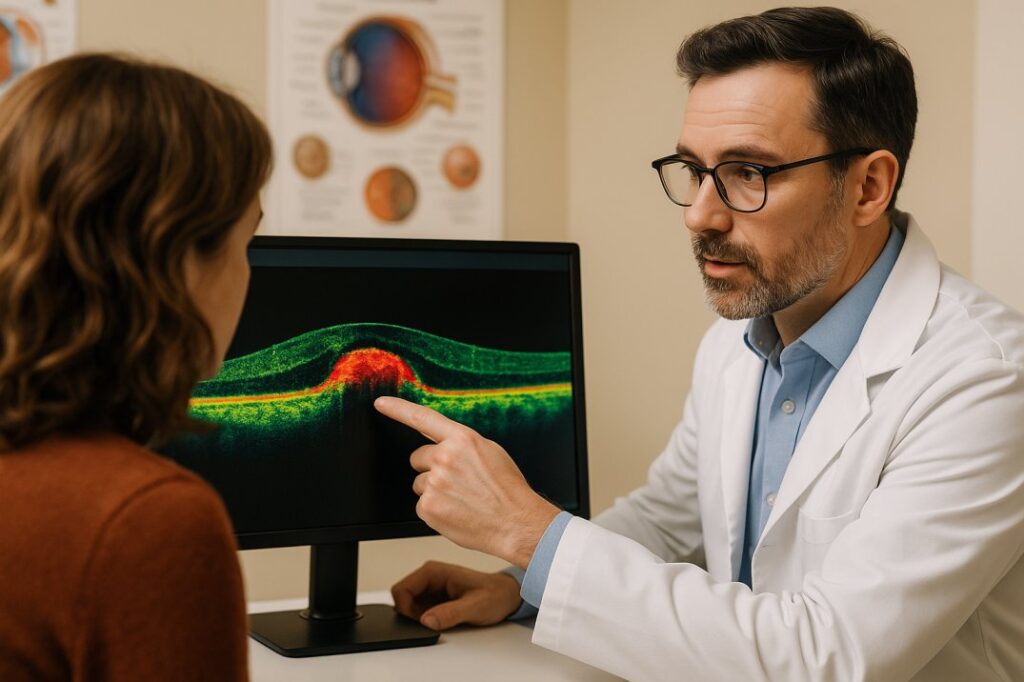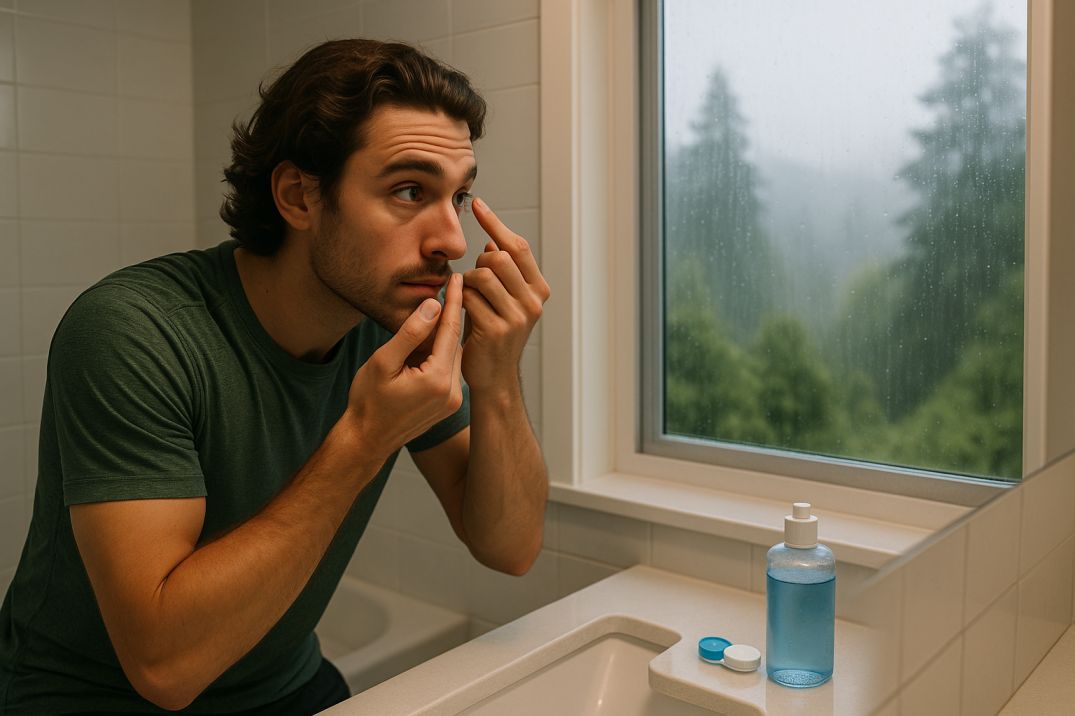Understanding Uveitis: Causes, Symptoms & Care
Understanding Uveitis: Key Facts
-
Definition: Inflammation of the uvea (middle eye layer), affecting one/both eyes suddenly or gradually.
-
Prevalence: Most common in adults aged 20-60, though possible at any age.
-
Critical Insight: Untreated uveitis risks permanent vision loss, glaucoma, or cataracts – early diagnosis saves sight.
Uveitis Types: Location Matters
-
Anterior: Front eye inflammation (most common type)
-
Intermediate: Vitreous (gel center) involvement
-
Posterior: Retina/choroid damage at the eye’s back
-
Panuveitis: All uvea layers affected
Causes & Risk Factors: Seattle Connections
Primary Causes:
-
Autoimmune disorders (lupus, rheumatoid arthritis, sarcoidosis)
-
Infections (herpes, Lyme disease, tuberculosis)
-
Eye trauma or injury
-
Idiopathic (unknown origin) cases
Higher-Risk Groups:
-
Seattle adults 20-60 years old
-
Autoimmune/inflammatory disease patients
-
Those with prior eye injuries
-
Residents in infectious disease-prone areas
Symptoms: When to Seek Urgent Care
Warning Signs (Contact Cannon EyeCare Immediately):
-
Persistent eye redness/pain
-
Blurred or declining vision
-
Light sensitivity (photophobia)
-
New floaters or spots
-
Unexplained headaches
EMERGENCY PROTOCOL:
Seek same-day care at a Seattle eye clinic for:
-
Severe pain
-
Sudden vision changes
-
Debilitating light sensitivity
Diagnosis at Cannon EyeCare: Precision Testing
Diagnostic Process:
-
Comprehensive Exam: Inflammation assessment + pressure checks
-
Advanced Imaging: OCT scans and fundus photography
-
Lab Work: Infection/autoimmune blood markers
-
Specialist Collaboration: Rheumatology referrals when needed
Why Expertise Matters:
Uveitis mimics common eye issues – Seattle specialists accurately differentiate conditions.
Uveitis Treatment: Personalized Plans at Cannon EyeCare
Treatment Approach:
Tailored to type, cause, severity, and patient health history
-
Corticosteroid Therapies:
-
Anti-inflammatory eye drops (front-eye inflammation)
-
Oral/injectable steroids (severe or posterior cases)
-
-
Immunosuppressants:
Methotrexate/azathioprine when steroids are unsuitable for long-term use -
Advanced Biologics:
Targeted drugs like adalimumab for stubborn immune responses -
Cause-Specific Treatments:
-
Antibiotics/antivirals for infections
-
Autoimmune disease coordination with Seattle specialists
-
-
Surgical Interventions:
Reserved for vision-threatening complications
Critical Monitoring:
Long-term steroid use requires regular glaucoma/cataract screening – Cannon EyeCare creates customized safety plans.
Living with Uveitis: Seattle-Supported Daily Management
Proactive Care Strategies:
-
Medication Consistency: Set phone alarms for doses
-
Symptom Tracking: Use apps like MyTherapy for changes
-
Light Protection: Polarized sunglasses are essential for Seattle’s glare
-
Stress Reduction: Yoga at Green Lake or meditation to prevent flares
-
Anti-Inflammatory Diet: Omega-3s (Pike Place salmon), leafy greens
-
Community Connection: Join UW Medicine’s local uveitis support network
FAQs
-
Uveitis is inflammation inside the eye, often caused by autoimmune issues, infections, or injury. Sometimes, the exact cause remains unknown




